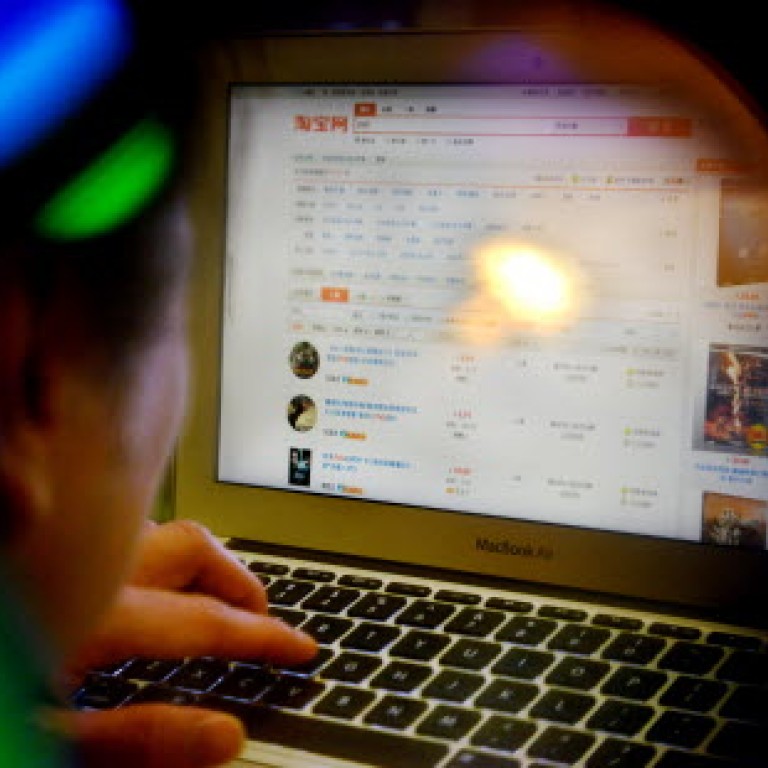
Shedding counterfeit label was crucial for Alibaba amid scrutiny from US
Eighteen months ago, Alibaba was under US scrutiny because counterfeiters were selling goods on its website.
Alibaba's Taobao Marketplace, which links individual buyers and sellers, cracked down on 87 million listings that may have breached intellectual-property rules on cigarettes, clothing and medicine as it tried to address concerns by the Office of the US Trade Representative (USTR). It also teamed up with brand owners and law enforcement officials to target peddlers offering knock-off items for sale.
The strategy to repair its reputation worked. Alibaba was removed from the US government's Notorious Markets list in 2012, helping pave the way for its upcoming listing. Keeping control over the sale of fakes and pirated goods will be crucial to maintaining credibility with investors, said Duncan Clark, the chairman of BDA China, which advises technology companies.
"With Taobao early on, there were quite a lot of fake goods sold, but they have been working hard to clean up those issues," Clark said. "As Alibaba goes public it will have to meet a higher bar."
To help get off the US list, Alibaba hired James Mendenhall, a former general counsel for the USTR, to aid lobbying in Washington and help in talks with the music and movie industries.
Billionaire founder Jack Ma spearheaded the effort to expel copycats, labelling organised counterfeiting a "cancer" and "tumour in society".
The safeguards in place include requiring vendors to make deposits with Alibaba to ensure their products are genuine, allowing buyers and sellers to rate each other and helping consumers get refunds.
This helped make Tmall more trusted than some actual retail outlets, said Mark Tanner, the founder of China Skinny, a Shanghai-based research and marketing agency.
